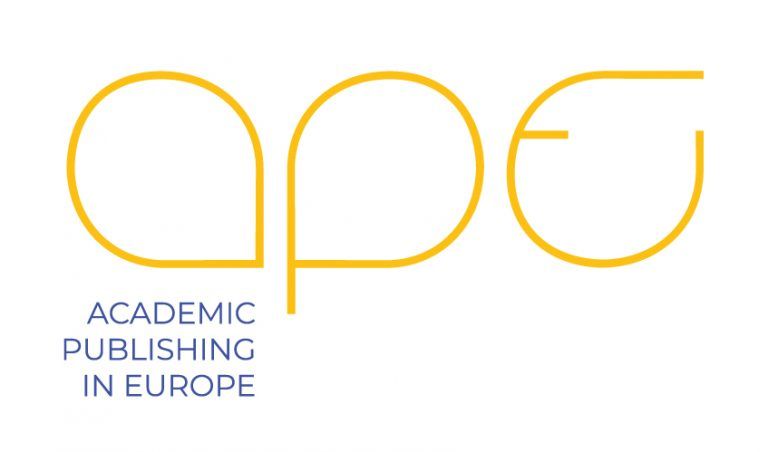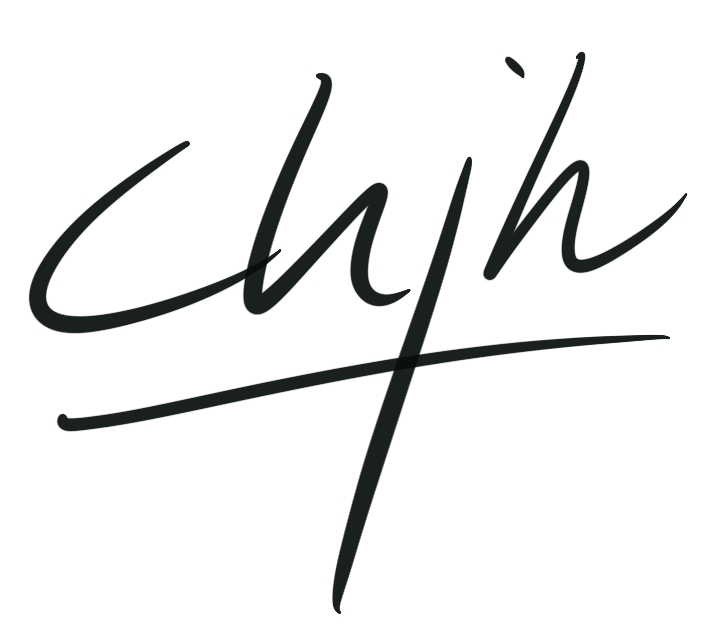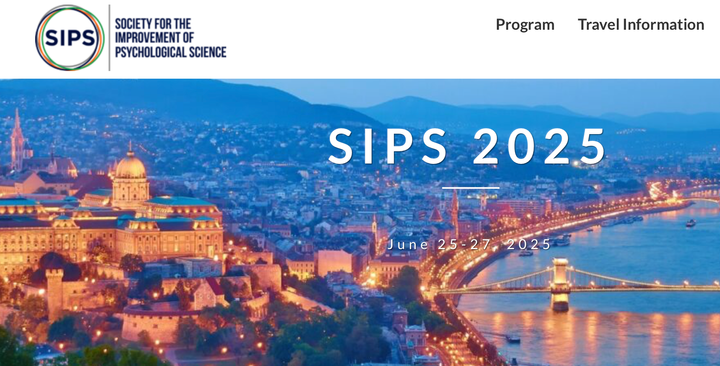Remarks for the Berlin Publishing Conference 2023
My remarks for the junior researcher panel at the APE2023 conference.

Aaron Swartz died a decade ago today - to commemorate him I’ll start by reading selected quotes from the Guerilla Open Access Manifesto here today.
Information is power. But like all power, there are those who want to keep it for themselves. […] Sharing isn't immoral — it's a moral imperative. Only those blinded by greed would refuse to let a friend make a copy. […] corporations, of course, are blinded by greed. The laws under which they operate require it — their shareholders would revolt at anything less. […] We need to take information, wherever it is stored, make our copies and share them with the world. […] With enough of us, around the world, we'll not just send a strong message opposing the privatization of knowledge — we'll make it a thing of the past. Will you join us?
I would argue to reframe publishing as a question of power — as Aaron talked about it: Information is power.
We talked about business models, the value in data, and other opportunities at this conference. But without also talking about the power dimension I would argue we miss the why. We will miss the framework with which to understand the problems we are trying to solve.
When publishers negotiate contracts, non-disclosures are about negotiation power.
“Publishers are sitting on a goldmine of data” someone said this morning. The power of tracking.
We just heard about how privacy improvements are bad for publisher’s access management.
Yesterday, I heard jokingly say “Elsevier tracks everything”, which reminds me of the power created by data brokering, which some of the parent companies of publishers do.
For researchers, your publishing business is not relevant. The power dynamics are.
It is why I am a reluctant publisher myself - as a researcher I wanted do something about those power dynamics in publishing, no matter how small.
In 1989, 20% of people thought the wall would fall in the next five years. Six months later it fell. When I heard this story yesterday from Jörg Rocholl, all I heard was that you may think people will tolerate power imbalance indefinitely, but your wall may fall if you push it too far.
Researchers may take down your paywalls and much more in a similar way if you keep pushing the power imbalances.




Comments ()